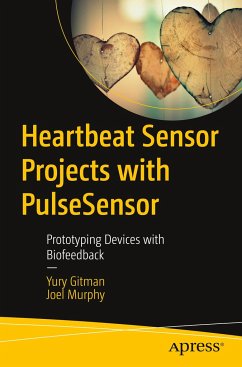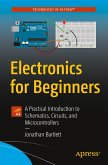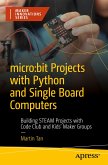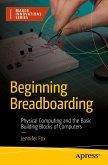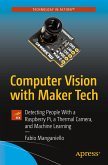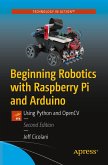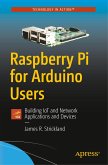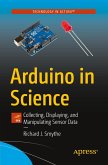Bring live heartbeats and heart rate data into your electronics projects as an impressive feature that builds user engagement. If you're a Maker, developer, or artist, you've probably run into common, frustrating stumbling blocks for incorporating bio-sensors. Get the upper hand on smoothly integrating heartbeats into your projects on any platform with PulseSensor.
First, you'll explore working with PulseSensor with a simple battery, LED, and speaker. Then deepen your knowledge by going through achievable projects using Arduino, nRF52, mico:bit, and other prototyping platforms. This book will guide you through hooking up the PulseSensor to circuits with motors, a GUI, and even the cloud.
You'll get practical tips and tricks that work in the lab, field, and even at public events, and look at the advantages of using PulseSensor on one electronics platform vs. another. You'll also look at the best ways to get a reliable heartbeat and BPM readings from different users in different applications. Finally, this book will show you the easiest path to put heartbeats into your prototypes, whether creating a new generation of hardware or making a memorable cosplay costume.
What You'll Learn
Makers from hobbyists to engineers to students who would like to incorporate cardiac biofeedback into their projects.
First, you'll explore working with PulseSensor with a simple battery, LED, and speaker. Then deepen your knowledge by going through achievable projects using Arduino, nRF52, mico:bit, and other prototyping platforms. This book will guide you through hooking up the PulseSensor to circuits with motors, a GUI, and even the cloud.
You'll get practical tips and tricks that work in the lab, field, and even at public events, and look at the advantages of using PulseSensor on one electronics platform vs. another. You'll also look at the best ways to get a reliable heartbeat and BPM readings from different users in different applications. Finally, this book will show you the easiest path to put heartbeats into your prototypes, whether creating a new generation of hardware or making a memorable cosplay costume.
What You'll Learn
- Work with PulseSensor directly on a breadboard with AA batteries and LEDs
- Get up and running with PulseSensor on Arduino, micro:bit, and nRF52
- Anticipate and address common bio-sensing issues that slow down prototyping
- Explore future applications like BPM tracking on the Arduino IoT Cloud
Makers from hobbyists to engineers to students who would like to incorporate cardiac biofeedback into their projects.

